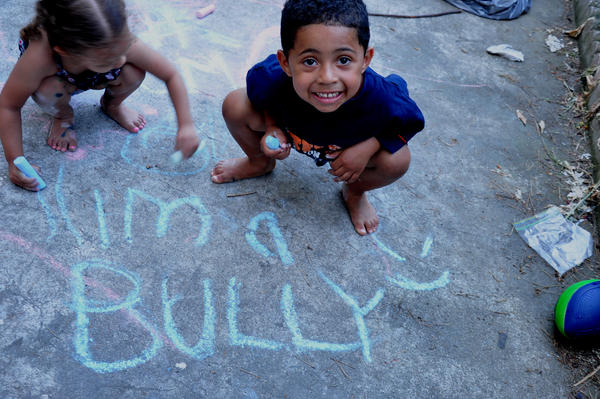
Many of you have heard about Madlyn Primoff, the mother of two bickering girls, 12 and 10, who were kicked out of the car and told to walk home when the bickering wouldn’t stop. Even though the mother drove around the block and came back for the girls, she was later arrested for child endangerment. Quite a number of parents have been debating this issue, with most of the debated surrounding whether it was an appropriate consequence.
I’m not in favor of her decision.
Before I criticize Mrs. Primoff’s parenting, let me confess that I have great sympathy for her. I will give Mrs. Primoff the benefit of the doubt in presuming that her children’s behavior was ridiculous and not just mildly annoying. I am completely in favor of tough parenting. This includes having no tolerance for ridiculous behavior. So she was right to use tough discipline to shape their behavior.
However, kicking the girls out of the car was unwise for two reasons.
First, kicking a 10 or 12-year-old girl out of a car and expecting her to walk home a mile or more in a suburban neighborhood is not reasonably safe. Sure, there are some ten and twelve-year-old girls who are independent enough to walk a mile or even more in safe neighborhoods. But most aren’t. If the children were 14 and 16, I wouldn’t be saying this (unless of course the neighborhood were notoriously dangerous). And if it were two blocks, I might be persuaded to let it slide. But in this day and age, I just don’t trust the world enough to allow two pre-teen girls to walk far without a chaperone.
My second problem with her decision is that she likely made it impulsively. I highly doubt that she and her husband had had a family meeting with the children and informed them that bickering in the car would result in being kicked out. Rather, this punishment was made off-the-cuff, in a rage, and without much thought of the consequence. This kind of parenting scares children and invalidates that parent’s authority and trustworthiness.
Again, I’m all for tough parenting with consequences that induce discomfort or pain. But consequences must be reasonably safe; they must also be made calmly with pre-thought and understanding of the possible consequences.
As always, let me know what you think! If you don’t like her decision either, let me know what you think would be a better consequence for bickering in the car.











